- Home
Page 25
Page 25
 This Census-Taker
This Census-Taker Jack
Jack October: The Story of the Russian Revolution
October: The Story of the Russian Revolution The City & the City
The City & the City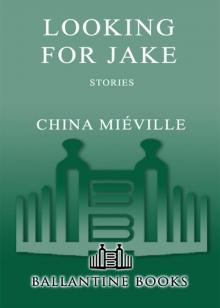 Looking for Jake: Stories
Looking for Jake: Stories Perdido Street Station
Perdido Street Station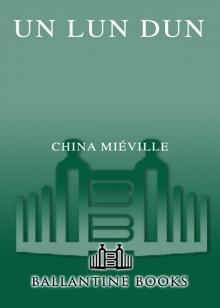 Un Lun Dun
Un Lun Dun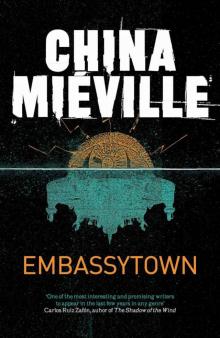 Embassytown
Embassytown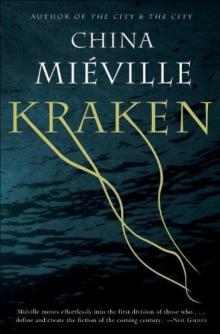 Kraken
Kraken The Last Days of New Paris
The Last Days of New Paris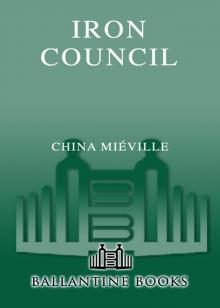 Iron Council
Iron Council King Rat
King Rat Three Moments of an Explosion
Three Moments of an Explosion London's Overthrow
London's Overthrow October
October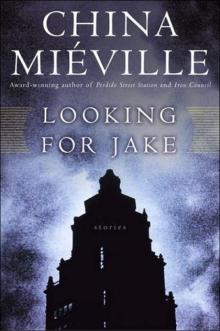 Jack (new crobuzon)
Jack (new crobuzon) Looking for Jake and Other Stories
Looking for Jake and Other Stories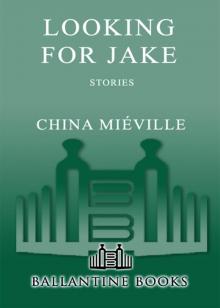 Looking for Jake
Looking for Jake